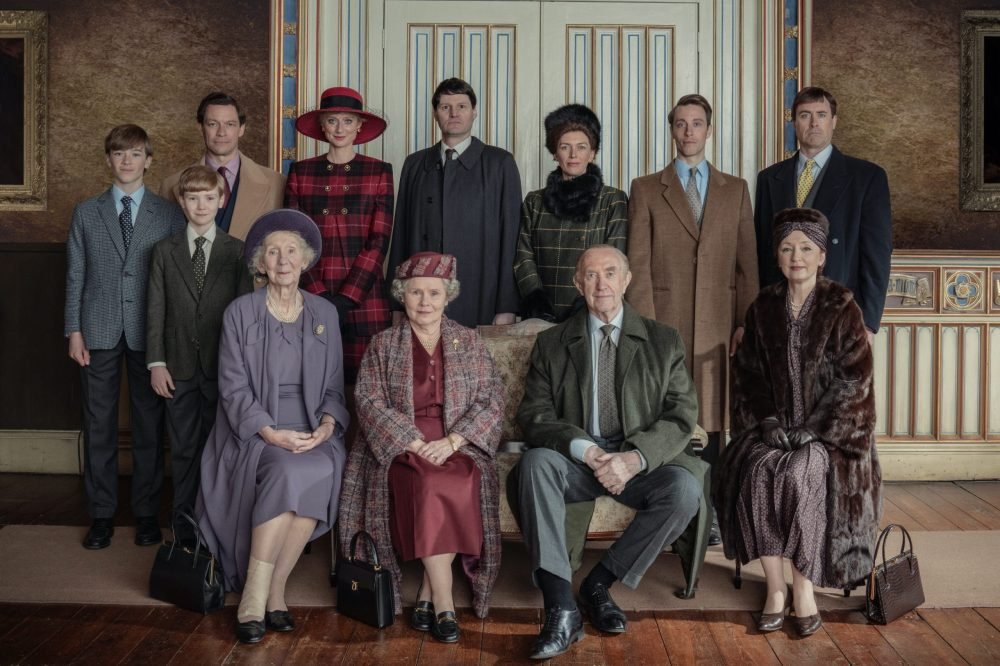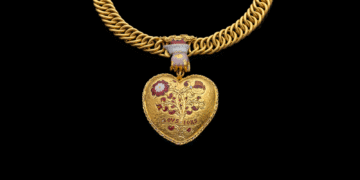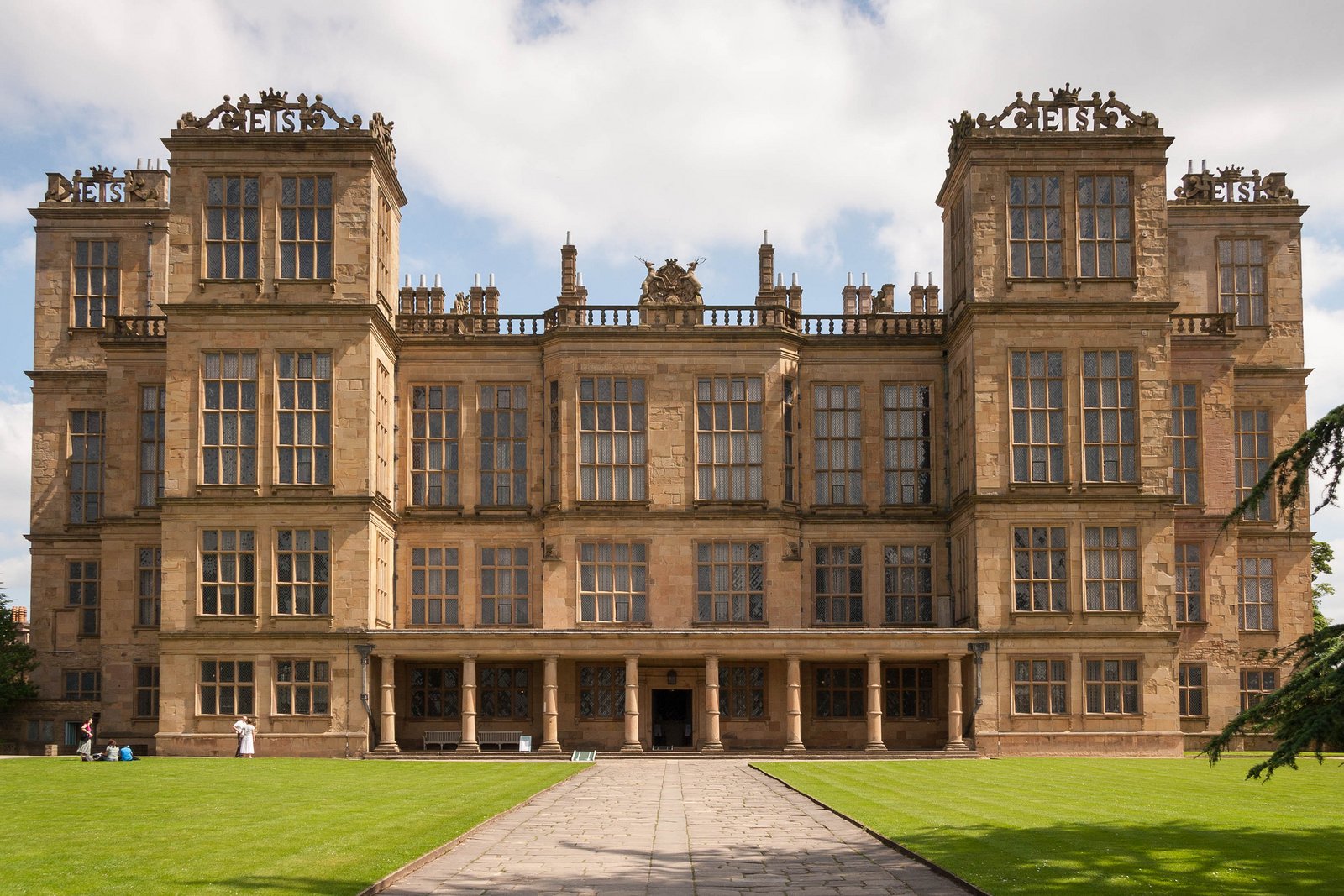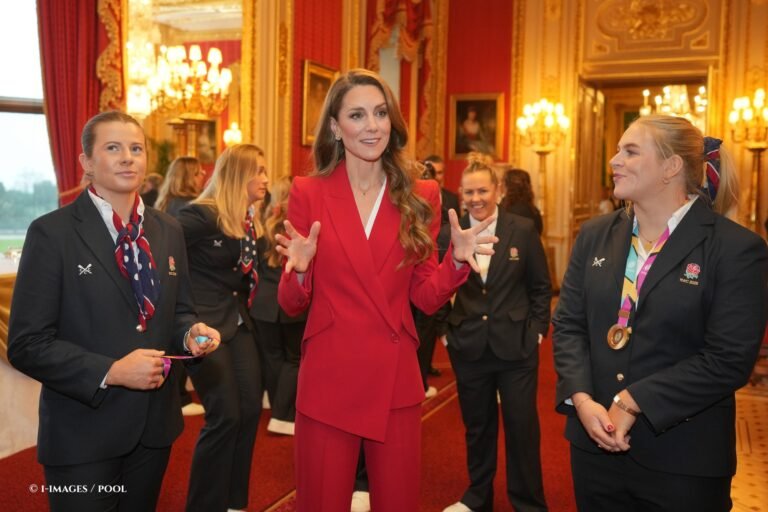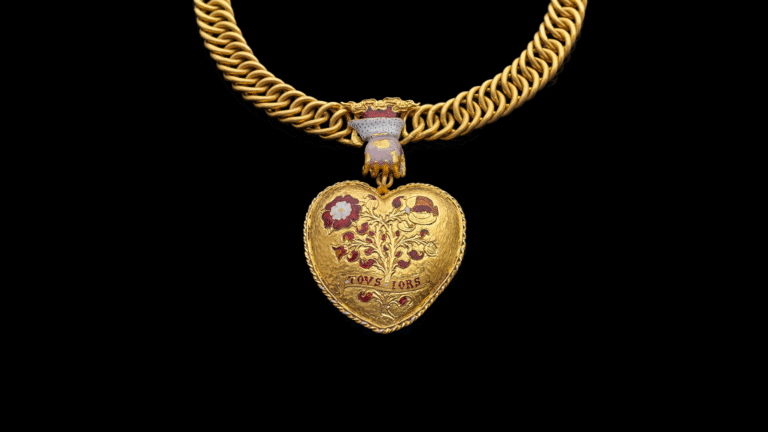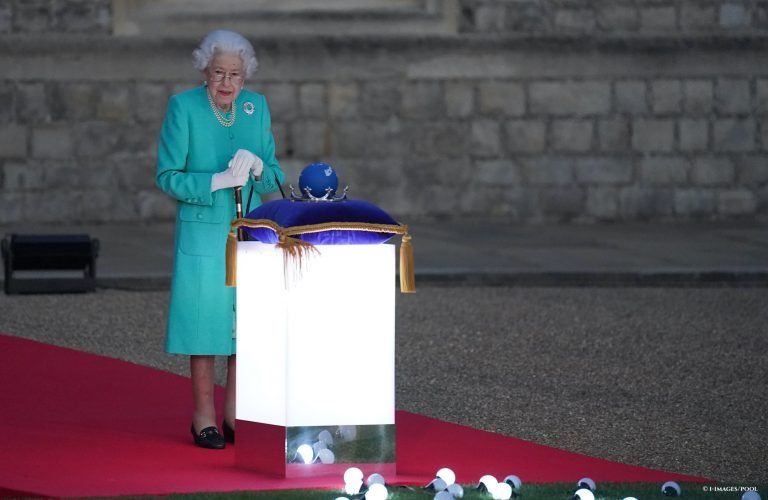Even before its release, and with few people knowing the actual content of the newest series of The Crown, it caused a stir.
From suggestions that John Major colluded with Prince Charles attempting to overthrow the Queen, to the inclusion of Diana’s Panorama interview, this series in particular, focusing on the 1990s, was bound to evoke strong reactions.
Having seen the 10 episodes of this series in full, I have written my thoughts about the programme, which has certainly been dropping in royal watchers’ estimations as the series progressed.

One of the first things I must say is that the portrayals of both Charles and Diana are a quite simply brilliant. S5 is the next cast change, with Imelda Staunton taking on Elizabeth II. So much time has clearly gone in to learning the ways of mimicry – Diana’s tone of voice and puppy dog eyes (aided by a striking Elizabeth Debicki) and Charles’ mouth shapes and low tones demonstrated by Dominic West – that at times you forget you are not watching the real Royals themselves.
I was less enamoured with the casting of Prince Philip and Princess Margaret, and at times I confused the Queen Mother with Princess Alice, as the likeness just isn’t there for me, but Andrew’s portrayal is excellent (and irritating), and I enjoyed Anne’s continued forthright manner, which many people enjoy.
Some of the big stories of the decade are of course included in the narrative: multiple royal divorces, the Andrew Morton book, the Windsor Castle fire, and the Camillagate tapes. Naturally, a number of these were going to be dramatic due to the nature of the real-life story.
Opening with the Waleses’ second honeymoon to Italy, joined by a raft of the Prince’s friends, tensions in the marriage set the tone of the series. Of course, I don’t think anyone expected anything less.
Having always been something of a forward thinker, the Prince of Wales appears at odds with his family on numerous occasions and he is clearly isolated from them, which I do believe is largely accurate. He has always been something of an outsider.
The Queen and Duke of Edinburgh in particular are shown to be out of touch emotionally when it comes to their family, which, while I suspect is true, is uncomfortable watching. Particularly following the death of the Queen, I think this might be received badly by royal fans.
I was a little surprised to see how the friendship between Prince Philip and Penny Romsey was presented. Following the death of her young daughter, she and the Duke of Edinburgh grew close, with him introducing her to carriage riding, a passion they then shared.

You might remember Penny was the only non-relative at Philip’s funeral in 2021, but some royal watchers were surprised by the intimations made by the media in the wake of Philip’s death that the pair were romantically involved. But the show approaches this as a companionship, that, while intimate, simply filled a gap for the Duke that the Queen seemingly couldn’t. Imelda Staunton’s Elizabeth is shown to be hurt by this, but – ever the pragmatist – she sucks it up and welcomes Penny (publicly at least), by inviting her to Church at Christmas.
We get to see a portrayal of how Diana recorded her tapes for the Andrew Morton book, with which she cooperated to give her side of the story, as well as parts of securing the Panorama interview and the televised chat itself. The BBC has vowed never to air the segment again due to the duplicitous way in which Martin Bashir secured the interview, and we see the Prince of Wales joined by Camilla Parker Bowles to watch the piece. Enough, however, of the programme is shown to remind us of the turmoil the couple faced and the bad behaviour on both sides.
Charles’ interview with Dimbleby is also shown, where he admitted infidelity in 1994, which does acknowledge his desire for interfaith dialogue and that (even in the 90s) he recognised the huge shift in Britain to a multicultural nation.
I enjoyed seeing the, albeit brief, development of Princess Anne’s relationship with Tim Lawrence, and how Charles and Anne were shown to have a close sibling relationship. And it was an interesting idea to have Margaret’s Desert Island Discs appearance (actually from 1981) be a reconnection for her to former fiance, Peter Townsend.
The Queen’s 1992 Annus Horribilis speech takes its own episode, as the announcement of the separation of the Waleses is announced, and Windsor Castle catches fire. However it is this episode that made it clear to me about the fine line The Crown treads between history and drama: while the effort was put in to outfit the Queen wore (a green and gold number with leaf brooch – her real brooch was the frosted sunflower brooch) – indeed across all the series with relation to costume, especially at moments of historic note – that when things are tweaked or adapted to tell a different, perhaps more dramatic or interesting story, it’s jarring.

The introduction of the al Fayeds and their story adds an element of interest, since I knew little about their background other than their ownership of Harrods and Dodi’s relationship with the Princess. Some aspects of note was the rescue of the Duke and Duchess of Windsor’s French mansion, and Mohammed al Fayed’s desire to be more British, hiring Edward VIII’s former valet, Sidney Johnson, to aid him in his quest for Britishness (or at least acceptance).
As with all the other series, though, the direction and production is fantastic – a real piece of artwork.
I believe that, with series 5 focusing on the 1990s and the notable moments of this decade, that the show approaches a problematic point: so many people, and especially those with an interest in the Royal Family, remember these years clearly. They read stories in the papers and watched the moments on the news. For those who were invested in the Waleses, they likely saw these developments as one might watch a real-life accident – in horrified slow motion, in a state of what might be overwhelm if they were any closer to it.
The series finishes in 1997, with the election of Tony Blair.
And those memories, which will be dragged forth, stir those same emotions again, particularly against Charles and Camilla.
Now King and Queen, the couple have long fought to demonstrate their deservedness of public support, to be recognised for their public work. In recent weeks since the death of the late Queen – which was less than two months ago – they seem to have found some. I fear, however, this will undo some of this public goodwill shown to them, based on a resurgence of feelings of real-life events some 20 plus years ago, because of a tv drama.

However, if you can separate the show from the reality, and understand that many parts are altered, you might just be able to enjoy the series for what it is – a drama based on a very public-facing family, who have a lot of stories to tell.

